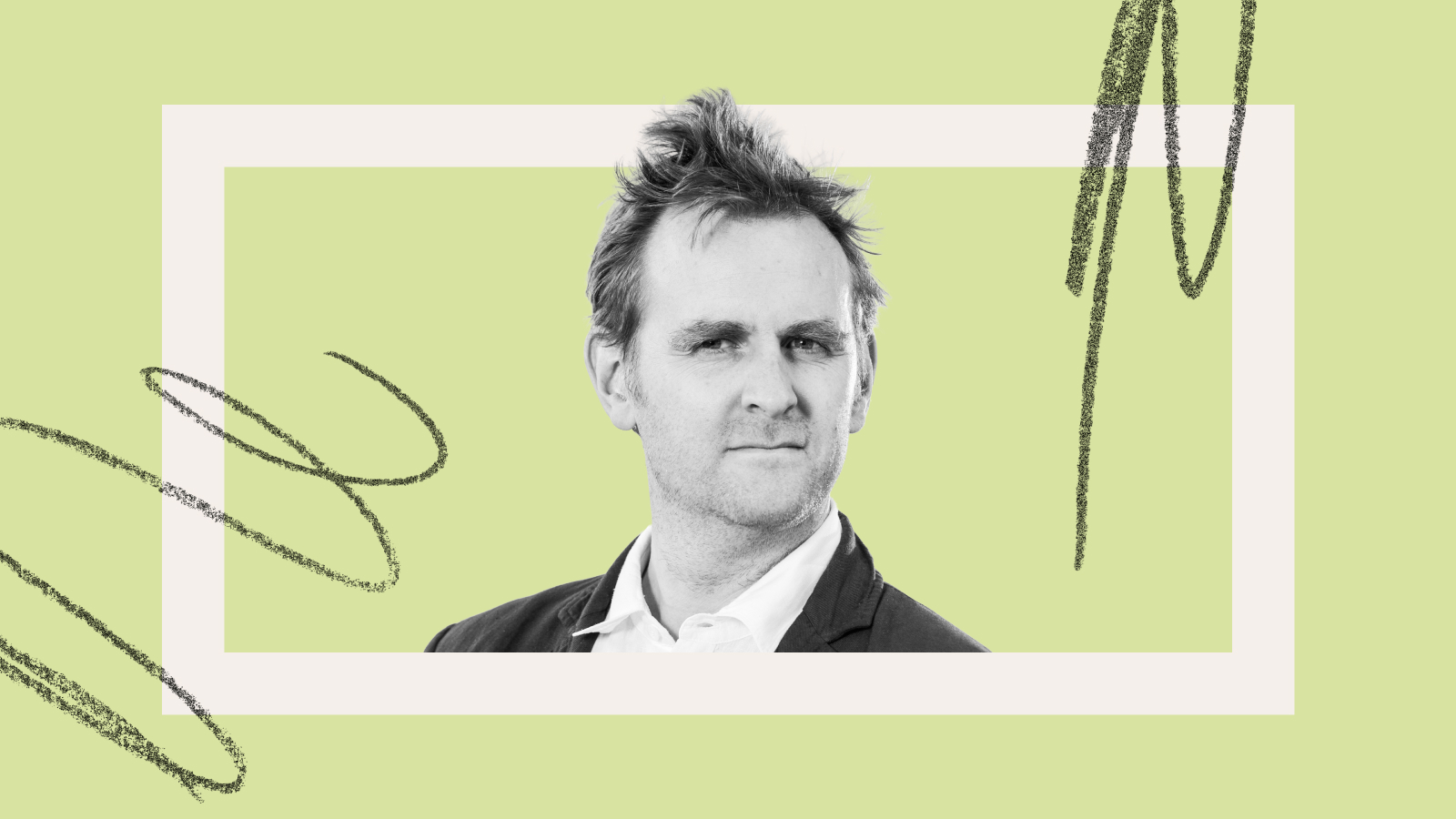Is WikiLeaks the End of Secrets?

“We never know the source of the leak,” Julian Assange assured a London audience today at the Frontline Club. The uniquely charismatic WikiLeaks Editor-in-Chief went on: “We could make a guess. But it would only be a guess and not evidence.” This rigorous informational—or perhaps it could be called intelligence—integrity is essential to the preservation of the site’s model: they need the finest information. They need the relevant information. They need to assure their sources that they are protected.
Not unlike fourteenth-century Venetian “gossip boxes” in the Doge’s Palace, the WikiLeaks system at once lures participation and risks abuse. They are careful. But what is a secret, anyway, and how is what WikiLeaks does re-defining our ideas of, and traditional respect for, classification?
The video of Assange’s interview (in which he clearly, if coyly, starts by saying, “No press conference type questions here”) is here. His ardor for his mission is as as impressive as the mission itself. How WikiLeaks will evolve following its most recent revelation remains unclear, but the now globally celebrated presence of it might mean a sea-change: in journalism, in social norms, in the relationship of the individual to more traditional intelligence systems. It is too soon to tell.
If you Google Assange, his Wikipedia entry includes this note, now newly crucial:
Pentagon Papers whistle-blower Daniel Ellsberg stated in an interview that Assange “is serving our (American) democracy and serving our rule of law precisely by challenging the secrecy regulations, which are not laws in most cases, in this country.” On the issue of national security considerations for the U.S., Ellsberg added that:
..any serious risk to that national security is extremely low. There may be 260,000 diplomatic cables. It’s very hard to think of any of that which could be plausibly described as a national security risk. Will it embarrass diplomatic relationships? Sure, very likely—all to the good of our democratic functioning. […] “[Assange is] obviously a very competent guy in many ways. I think his instincts are that most of this material deserves to be out. We are arguing over a very small fragment that doesn’t. He has not yet put out anything that hurt anybody’s national security.”[65]
We now possess a global vehicle for revealing classified information. Will we next demand a more local one? If we had one, would we use it? The Times Magazine’s last cover story claimed the web is “the end of forgetting.” Is WikiLeaks the end of secrets?
Near the end of his talk at the Frontline Club, Assange was philosophical. “It’s very, very hard, when your adversary is a modern state intelligence agency, to actually keep a secret. I would even say, impossible over the long term to keep a secret anywhere other than in your head, and maybe not even then—the way things are going.” What are secrets? And who minds keeping them? Does it matter?





